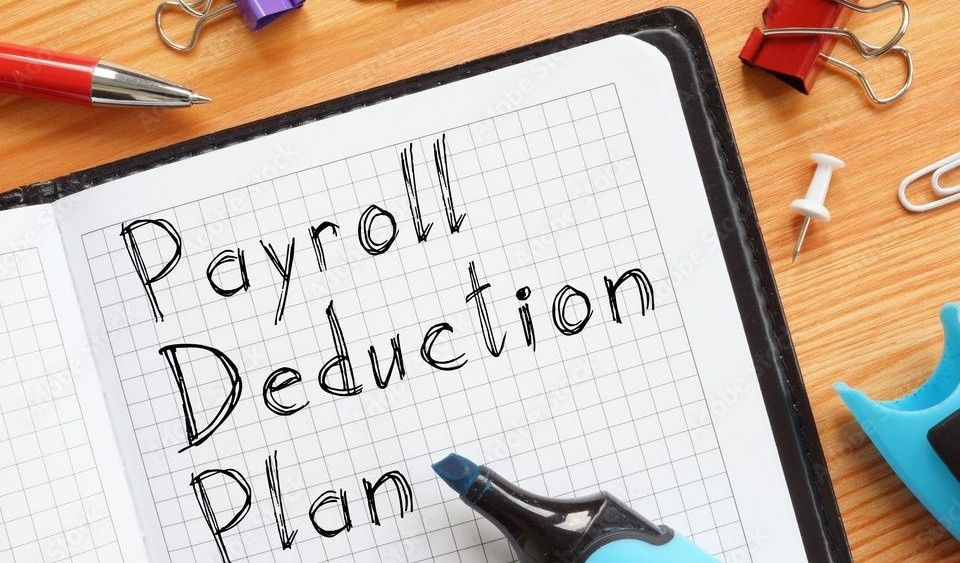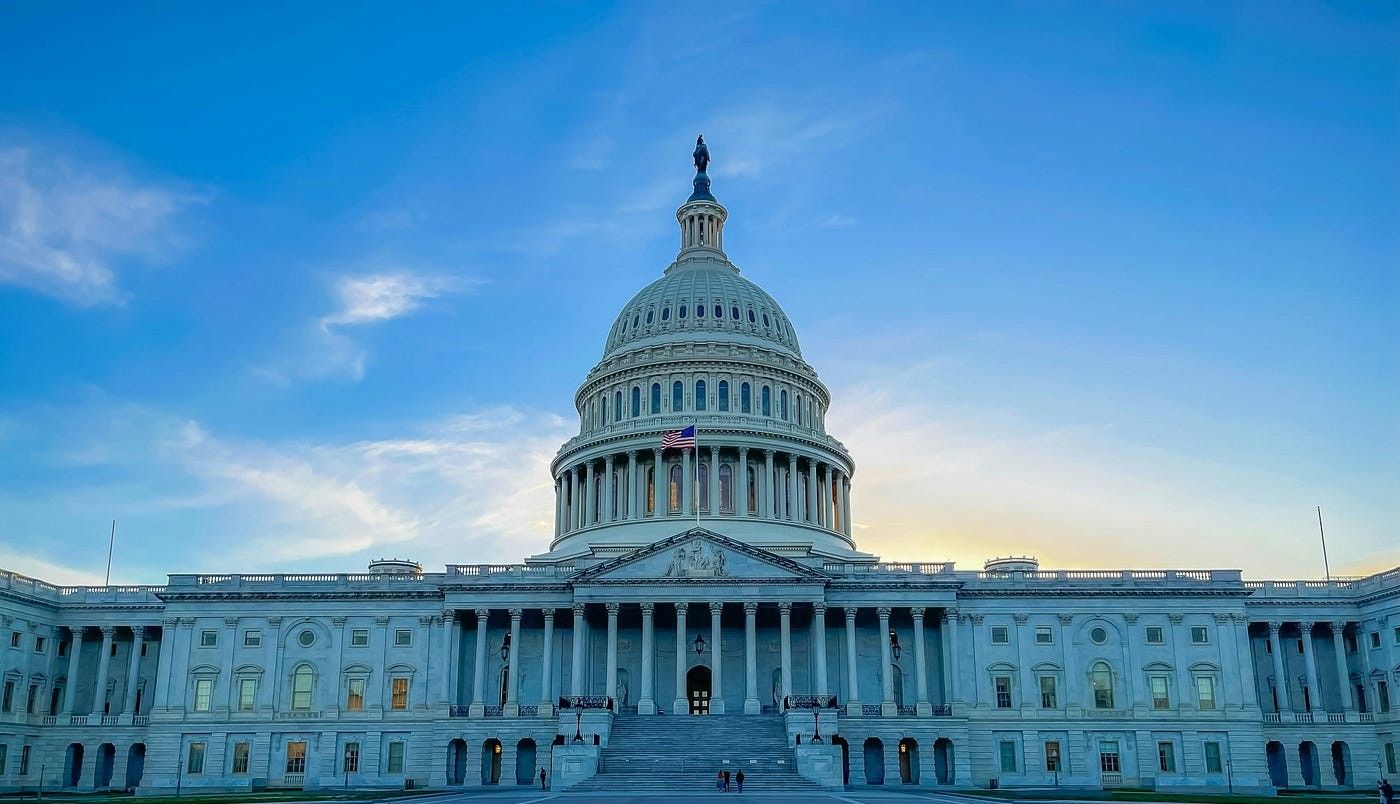Payroll Taxes for Non-Resident Aliens is different than taxes for US Citizens. Many countries have tax treaties with the United States which allows Non-Resident aliens an exemption from either all or part of Federal tax withholdings. Different types of VISA Holders get certain exemptions from Federal Tax and FICA/Medicare tax.
An F-1 VISA is specifically for Full-time Students who come to the US to study at an accredited college or university. These students can also apply for Optional Practical Training (OPT) in their major field of study which allows them to remain in the US for an extended period of time after they have completed their studies. A J-1 VISA is similar to an F-1 VISA but is for Teachers and Researchers in a specific field of study for a specific amount of time.
The F-1 & J-1 VISA holders are both exempt from FICA/Medicare tax if they become employed for personal services while in the US. They may also be exempt from Federal Tax withholding if their country has a Tax Treaty with the US. Some treaties exempt all wages from tax and others have specific dollar limits that can be earned before they are subject to taxes.
The H-1B VISA is for speciality occupations that allow US employers to hire nonimmigrant workers with specialized knowledge. These employees are not allowed treaty exemptions and are treated as US citizens for tax purposes.
The EB-5 VISA was created to stimulate the US economy through job creation from foreign investors. It allows foreign investors to apply for lawful permanent residence provided they meet the make the necessary investment and intend to provide jobs to US Workers.
This webinar will go over what Employers need to know on how to treat these employees for payroll tax purposes. What forms they need to complete to receive a tax treaty exemption and the specific forms that must be filed at Year-End. Also what to do if there is not a tax treaty in their country.
What would be new or different in your training or this topic?
I will go over the different types of documents that are considered payroll documents that must be maintained for a specific amount of time. Some forms you might not consider as payroll documents actually are.
Many States have different rules than the Federal regulations regarding these documents. I will touch on a few of these States and give guidance on how to find out more information about their regulations.
Each different type of document will be discussed in regard to how long you are required to keep the documents. This will include timesheets, payroll changes, additions/deductions from Wages, State taxes and many more.
What will the attendees learn?
• Basic understanding of these types of VISA’s
• Guidance on what taxes they are exempt from and what to withhold.
• What forms should be completed by the employee and the employer.
• Guidance for you as an Employer on tax treaties and treatment of these employees.
• How to file forms at the end of the tax year.
• Helpful websites to access the information needed for tax treaties.
Session highlights
• Differences in these types of VISA’s
• Which tax forms are these employee wages reported on
• Correct forms to file for tax treaty exemptions
• Tax Treatment for employees
• Timelines to send in tax forms
• Different tax treatments depending on articles of the treaty
Live Q&A session will be held after the event.
Why should the audience attend it?
Most employers aren’t familiar with the specific laws that pertain to Non-Resident Aliens who enter the US on the F-1, J-1 or H-1B VISA. There are many different VISA types and different ones have different tax implications. These F-1 and J-1 VISA types are exempt from required payroll taxes that all other employees are subject to having withheld. This can create issues when the wrong taxes are withheld on these employees.
More and more people are traveling abroad to study and teach in the US. Employers need to be aware to watch for different VISA types and know how to treat employees who may apply to work at their company. These workers being new in our country aren’t aware of what is required of them or what exemptions they have. They rely on the Employer to know what to do.
Tax treaties are also beneficial not only to the Employee but also to the Employer. There are specific Employer taxes that are also waived or exempt for these employees. This can be savings to the Employer as well when the correct forms are completed, and correct tax treatment of these workers is done properly.
Who should attend?
Payroll Professionals, Small Business Owners, Bookkeepers, Managers, Tax Professionals
RELATED COURSES

Payroll Deductions in 2025: What Can and Cannot Be Deducted from an Employee's Paycheck (RBVL01)
- Tue Aug 05 2025
- Instructor: Vicki Lambert

OBBB 2025: Payroll Deductions and Reporting Explained (RBDC02)
- Mon Aug 18 2025
- Instructor: Debbie Cash

Best Practices For Multi-State Payroll Tax in 2025 (RBDC01)
- Wed Aug 06 2025
- Instructor: Debbie Cash

2025 Employer Update: Medicaid, Tax-Free Wages, and Staying Compliant (LWWS07)
- Mon Aug 11 2025
- Instructor: Wendy Sellers